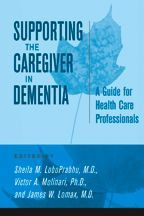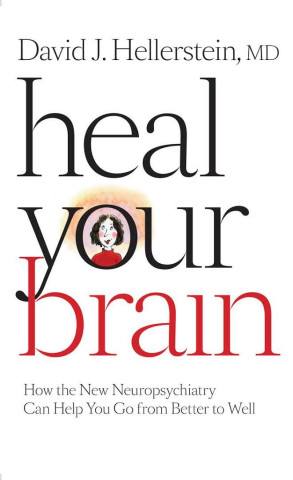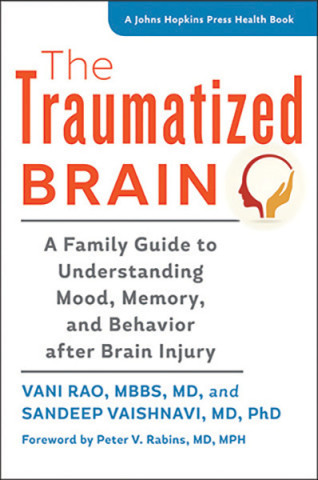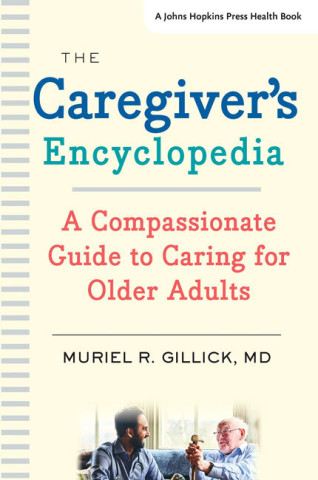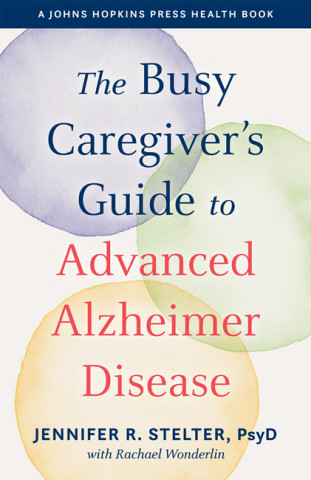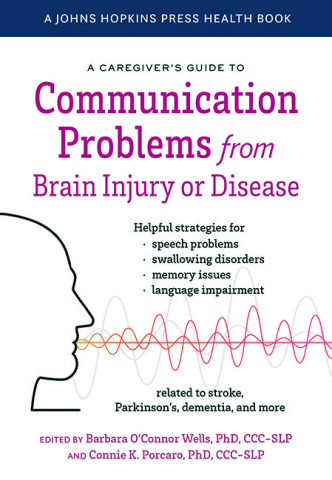
Reviews
This novel book provides readers with an accessible synthesis of factual information and caregiver/co-survivor support recommendations.
Authored by doctoral faculty with more than 20 years of experience and expertise, this well-organized book aims to help patients struggling with communication and related disorders due to neurological injury live a happy, healthy, and fulfilled life.
The book provides brain injury and disease patients, as well as their caregivers, with necessary resources, explanations, and research. A succinct and relatable guide.
Book Details
List of Contributors
Acknowledgments
Introduction
Barbara O'Connor Wells and Connie K. Porcaro
Chapter 1. What's Her Name and Where Are My Glasses? The Ironies of Healthy Aging
Teresa Signorelli Pisano
Chap
List of Contributors
Acknowledgments
Introduction
Barbara O'Connor Wells and Connie K. Porcaro
Chapter 1. What's Her Name and Where Are My Glasses? The Ironies of Healthy Aging
Teresa Signorelli Pisano
Chapter 2. Communication Is a Two-Way Street: Understanding and Coping with Unclear Speech
Connie K. Porcaro
Chapter 3. An Owner's Guide to a Healthy Voice
Connie K. Porcaro
Chapter 4. A Tough Pill to Swallow: Maintaining Good Nutrition When Swallowing Is Difficult
Barbara O'Connor Wells and Marissa A. Barrera
Chapter 5. Are We Speaking the Same Language? Coping with Aphasia and Communication Challenges
Barbara O'Connor Wells
Chapter 6. Another Senior Moment, or Is It Something Else? Communicating with Those Who Have Dementia
Elizabeth Roberts
Chapter 7. Coping and Caring for Your Loved One and Yourself
Lea Kaploun
Chapter 8. Using the Arts to Improve Communication and Quality of Life
Frederick DiCarlo
About the Editors
Appendix A. Voice Illustration
Appendix B. Alphabet Board Example
Appendix C. Swallowing Illustration
Appendix D. Brain Illustration
Index
